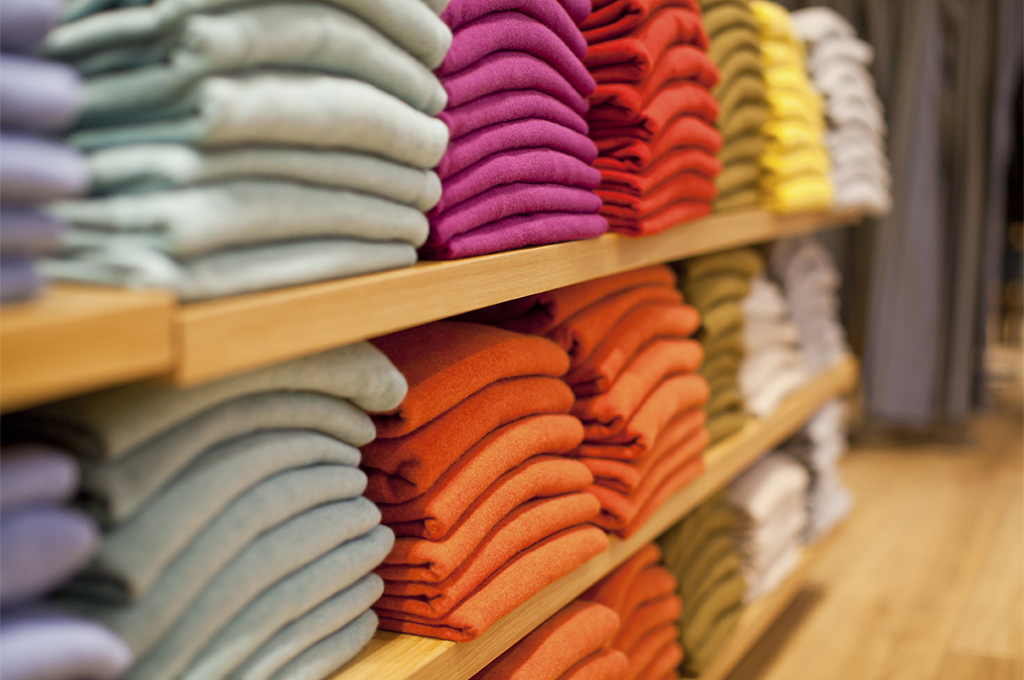Everyday low prices
Ask any entrepreneur, small business owner or Fortune 500 head: Starting a business isn’t easy. No matter how well the market is understood or how many hours are devoted to the project, it’s an endeavor charged with risk. So when Walmart opened up shop in China — upping the ante by trying to replicate success halfway around the world — lots of people were holding their breath to see what would happen. When supply chain issues caused tainted goods scandals, the world watched. And when their slogan, “Everyday low prices,” backfired because Chinese consumers equate low prices with low quality, the world watched. Walmart is learning from its experience and making strides (1.1% growth in the second quarter), but they’re not the only ones.
American wholesaler Costco has decided to focus on the Far East, but with a slightly different tack. Instead of leveraging infrastructure and modeling built around western paradigms, Costco chose Alibaba Holding Group to host the launch of the Tmall virtual storefront. Tmall is designed to help study customer shopping habits and reduce risks by eliminating the need for physical storefronts. It also has one distinct advantage nobody else has replicated yet: mainstream Chinese acceptance.
It’s (not) a small world
We’ve talked about how technology can connect shoppers and business that never would have crossed paths otherwise. That can be an enormous benefit, but it also has hidden pitfalls. It’s easy to forget that different parts of the world have different customs and value things differently; what works in one market may not work even in the closest neighboring area. In China, for example, consumers are drifting back to traditional “herbal” products, and that works against global brands such as Crest and Olay, says Consumer Edge Research analyst Javier Escalante. Many shoppers in China prefer neighborhood stores to big-box dealmakers, which is a challenge for businesses that have the capital to expand. Costco’s expertise lies in large footprints, big quantities and rock-bottom prices. Dipping their toes in the Chinese market is a distinctly foreign experience. This could be why Costco has decided to reduce the number of stock keeping units (SKUs) and focus on its own private label brand, Kirkland. It’s very different from Walmart’s playbook, which provides Chinese consumers with new products in the thousands. Costco’s partnership with Alibaba is an acknowledgment that it has not yet learned to avoid its bargain façade and massive scale.
Movers and shakers
Ultimately, Tmall is probably a stopgap for Costco, who will develop a strategy for this new marketplace and eventually do everything in house, as is its strength. But Costco may be inadvertently paving the way for other resellers and merchants to jump the Great Wall. Alibaba is a trusted name in the Chinese marketplace, as its record-breaking IPO taught the world. If aligning with the mega retailer lends legitimacy to brands that consumers would otherwise be skeptical about, such an arrangement could hold vast potential for luxury shopping in other parts of the world.
Amazon is the veritable go-to for U.S. online consumers. Jeff Bezos’ brainchild is bridging the gap between traditional retail and next-week-delivery online sales. As more high-end retailers jump on board, the system becomes an even more reliable, more noteworthy sales agent. Could Tmall position itself as the Internet shopping platform for the BRIC countries (Brazil, Russia, India and China)? At a minimum, the experience of these entrepreneurial institutions will light the way — or the ways nobody should go — for future growth.
Anjee continues to be an insatiable collector of all things retail. She’s a student of culture living next door to future shoppers, whose fleeting trends constantly change the retail landscape … driving retailers, landlords and developers crazy!

 Anjee Solanki
Anjee Solanki

 Colliers Insights Team
Colliers Insights Team
 Coy Davidson
Coy Davidson